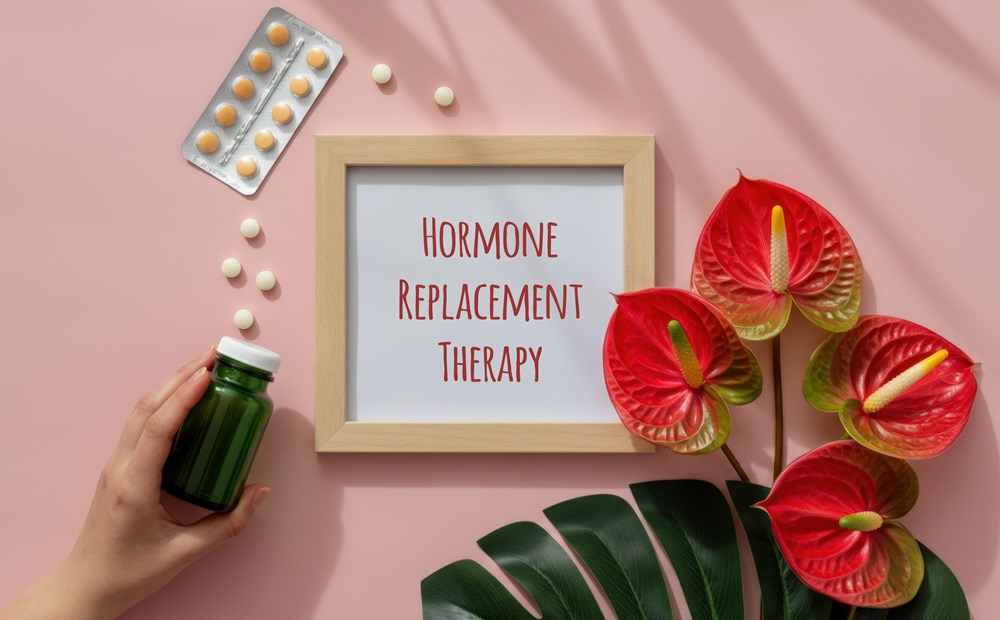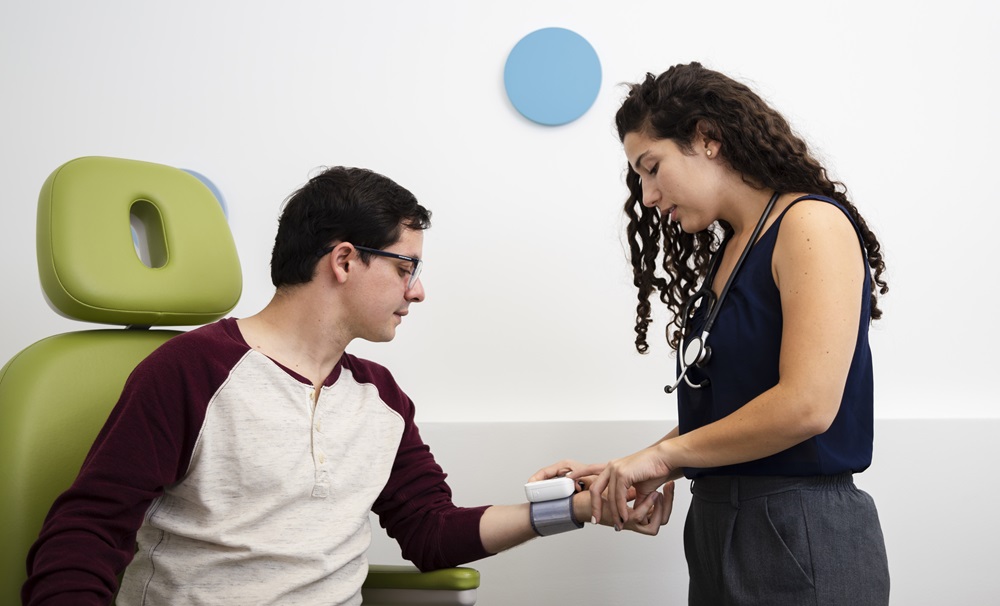Want better results from your hormone treatment? The secret lies in combining your therapy with smart lifestyle choices.
When you pair hormone replacement therapy los angeles with healthy habits, you create a powerful effect that helps your body respond better to treatment.
Why Your Daily Habits Matter for Hormone Success?
Your hormones don’t work alone. They respond to everything you do – from what you eat to how much you sleep.
Research shows that patients who make lifestyle changes alongside hormone therapy see 40% better results than those who rely on treatment alone.
Think of hormone therapy as planting seeds in your garden. The treatment provides the seeds, but your lifestyle creates the soil conditions.
When you give your body the right environment, your hormones can work at their best.
The Food-Hormone Connection
What you eat directly affects how well your hormones work. Your diet can either support or fight against your therapy.
Protein becomes your best friend during hormone treatment. You need about 0.8 grams per kilogram of body weight daily.
Good sources include lean meats, fish, eggs, and beans. Protein helps your body build and repair tissues that hormones target.
Healthy fats play a crucial role too. Omega-3 fatty acids from fish, walnuts, and flaxseeds help reduce inflammation that can block hormone signals. Aim for two servings of fatty fish per week.
Fiber keeps your digestive system healthy and helps remove old hormones from your body. You should eat 25-35 grams daily from vegetables, fruits, and whole grains.
Exercise: Your Hormone Therapy Booster
Movement makes your hormones more effective. Regular exercise increases blood flow, helping hormones reach their target tissues faster.
You don’t need to become a gym fanatic. Simple activities work well:
Strength training twice a week helps maintain muscle mass and bone density. Start with bodyweight exercises like squats and push-ups.
Cardio exercise for 150 minutes weekly improves circulation and heart health. Walking, swimming, or cycling all count.
Flexibility work like yoga reduces stress hormones that can interfere with your therapy.
Sleep: The Hidden Game Changer
Poor sleep ruins hormone therapy results. Your body produces and balances hormones during sleep cycles.
Most hormone production happens during deep sleep stages. When you don’t get enough quality rest, your body can’t make the most of your therapy.
| Sleep Factor | Impact on Hormones | What You Can Do |
| Sleep Duration | 7-9 hours needed for optimal hormone production | Set a consistent bedtime |
| Sleep Quality | Deep sleep stages crucial for hormone synthesis | Create a dark, cool bedroom |
| Sleep Timing | Regular schedule helps hormone rhythm | Wake up at the same time daily |
Managing Stress for Better Results
Stress creates hormones that fight against your therapy. Chronic stress produces cortisol, which can block other hormones from working properly.
You can manage stress through simple techniques:
Deep breathing for five minutes daily lowers stress hormones immediately. Try breathing in for four counts, holding for four, and exhaling for six.
Meditation doesn’t require special skills. Even five minutes of quiet time helps your nervous system relax.
Social connections reduce stress naturally. Spend time with people who make you feel good.
Creating Your Personal Action Plan
Start small and build habits gradually. Choose one area to focus on first, then add others over time.
Week one: Focus on getting seven hours of sleep nightly. This single change can improve your hormone therapy results significantly.
Week two: Add protein to every meal. This supports your body’s ability to use hormones effectively.
Week three: Include 20 minutes of movement daily. Even a walk around your neighborhood helps.
Week four: Practice one stress-reduction technique daily.

The Science Behind the Synergy
Recent studies show impressive results when patients combine lifestyle changes with hormone therapy:
Metabolic improvements increase by 60% when diet changes accompany treatment.
Energy levels improve 45% faster with regular exercise. Sleep quality enhances therapy absorption by 35%.
Your body systems work together, not separately. When you support your hormones with healthy choices, you create an environment where treatment can work optimally.
Moving Forward with Confidence
You have the power to enhance your hormone therapy results through simple daily choices.
Small changes in diet, exercise, sleep, and stress management can dramatically improve how you feel.
Remember that consistency matters more than perfection. You don’t need to change everything at once.
Pick one area that feels manageable and start there. Your future self will thank you for taking these steps toward better health and hormone replacement therapy effectiveness today.
Q&A
Why isn’t my hormone replacement therapy working as well as I expected?
Answer:
Hormone therapy is most effective when paired with healthy lifestyle habits. Without proper sleep, nutrition, exercise, and stress management, your body can’t fully absorb or respond to treatment. Improving these areas can increase therapy effectiveness by up to 40%.
What foods support hormone therapy best?
Answer:
Focus on protein (0.8g/kg of body weight), healthy fats like omega-3s (from fish and walnuts), and fiber (25–35g/day from fruits, vegetables, and whole grains). These nutrients help hormones travel, signal effectively, and flush out waste hormones.
Do I need to exercise a lot for hormone therapy to work?
Answer:
No. Even moderate activity helps. Aim for strength training twice a week, 150 minutes of light cardio weekly (e.g., walking), and some flexibility training like yoga. Exercise boosts circulation and makes your hormones more effective.
How does sleep affect hormone treatment results?
Answer:
Most hormone repair and production happen during deep sleep. Poor sleep can reduce the benefits of hormone therapy. Getting 7–9 hours of consistent, high-quality rest improves hormone regulation and response dramatically.
Can stress really block hormone therapy from working?
Answer:
Yes. Chronic stress raises cortisol, which interferes with other hormones. Simple stress-reduction habits like deep breathing, meditation, and social connection lower cortisol and improve treatment outcomes.
How long will it take to see improvement if I add lifestyle changes?
Answer:
Improvements begin within weeks. For example, energy levels can rise by 45% faster with exercise, and sleep quality can enhance absorption by 35%. Building habits week by week leads to steady and lasting results.
Is hormone therapy still worth it if I can’t make big lifestyle changes right away?
Answer:
Yes, but results may be slower. Even small lifestyle improvements—like getting more sleep or walking 20 minutes a day—can significantly enhance your results. Start where you are and build from there.

